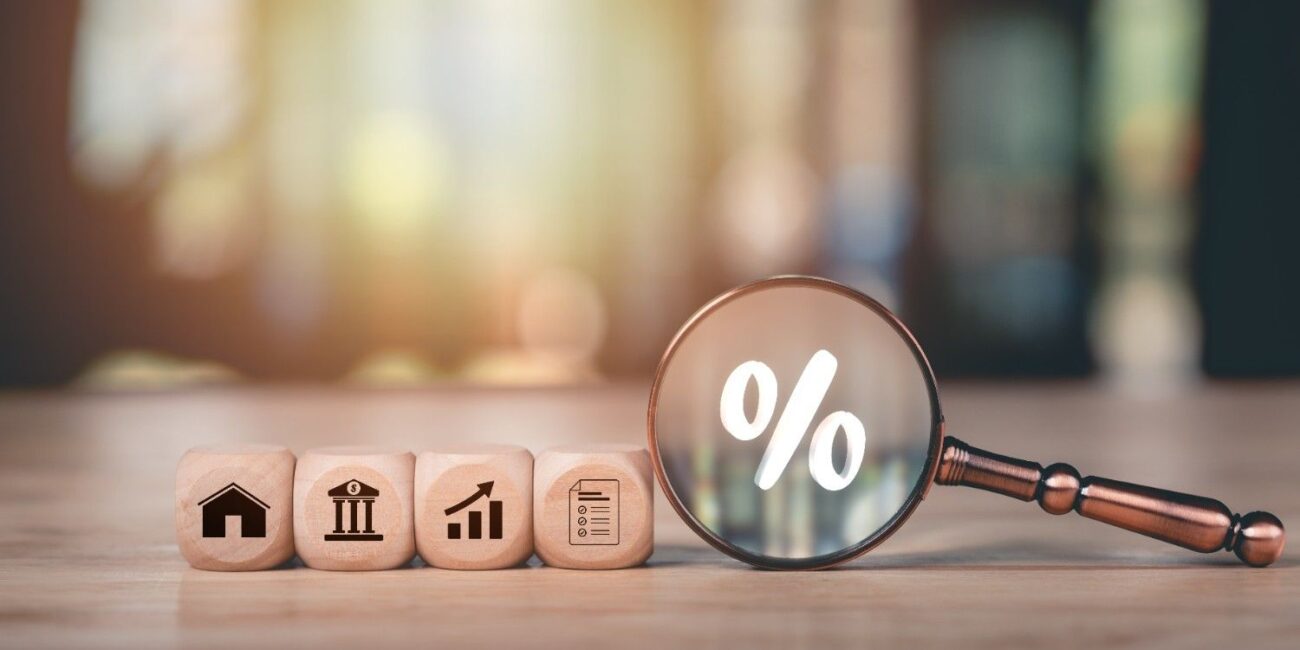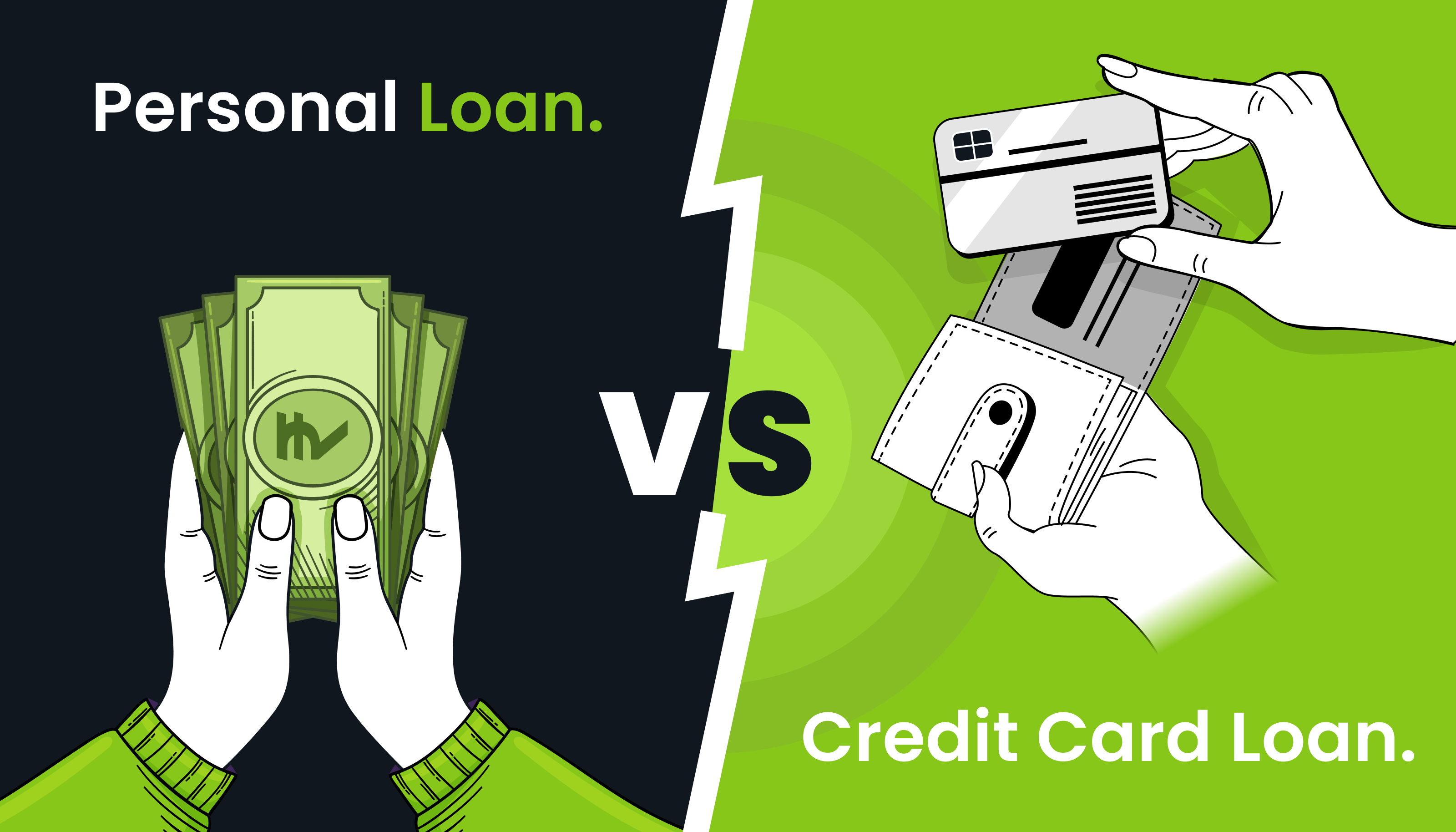A personal loan, home mortgage, or auto loan are the most common scenarios in which people borrow money, and the main question every customer who wants to borrow money asks: will the credit score affect the interest rates on the loan? The response is positive with the correct knowledge; an informed decision may turn out to be thousands of rupees in savings throughout the loan’s life.
The connection of credit score to loan interest rates will be discussed in this guide, as well as the reasons for lenders to care about your financial habits and the measures you can take to get the best rates possible.
What Are Loan Interest Rates?
Loan interest rates are the amount the lenders charge on the amount borrowed. They are the ones who decide the extra payment you will have to make along with the principal loan. The loan term and interest rate affect the total cost significantly; however, if the interest rate is high, the borrowers will pay more thoughtful the loan duration.
The rates others pay for loans differ, depending on the kind of loan, the financial institution, and especially the borrower’s credit history. Your credit score is one of the most important metrics that lenders rely on to evaluate your risk and determine the interest rate they will offer you.
How Your Credit Score Influences Loan Interest Rates
Lenders use credit scores to place borrowers into three risk categories;
High Credit Score (750+)
Those with a high credit score are perceived as low-credit-risk borrowers. Financial institutions such as banks and NBFCs provide lower loan interest rates to these borrowers, thus contributing to the decrease in EMIs and total interest paid by the borrower.
Moderate Credit Score (650-749)
A moderate score has the potential of getting you a loan, albeit at slightly higher interest rates, since that is how lenders perceive the risk involved.
Low Credit Score (below 650)
A low score is equivalent to a high risk for the lender. Equal treatment with higher interest rates, smaller amounts, or even outright loan refusals often results from this.
Minimum Credit Scores For Different Loans
Although there are differences among lenders, the following is a rough guideline of credit scores and their influence on interest rates for loans.
- Personal loans – a score greater than 700 enables one to get lower rates
- Home loans – scores exceeding 750 generally lead to the optimum interest rates
- Car loans – scores greater than 700 allow for getting the best deals
Common Mistakes That Increase Your Loan Interest Rates
Borrowers frequently cause damage to their credit scores without realising it, which consequently leads to a higher interest rate on loans.
- Failure to pay on time for loan or credit card accounts
- Use of a large portion (most of your credit limit) of the credit available to you
- Requesting various loans or credit cards in quick succession
- Not taking notice of the mistakes in credit reports
Tips To Improve a Low Credit Score
Having a good credit score can lead to lower interest rates on loans.
- EMIs and bills should be paid timely
- Slightly cut down the total debts
- Do not submit too many credit requests
- Watch your credit report and correct mistakes
How to Maintain a Good Credit Score
A good credit rating is a guarantee that you will still be able to obtain loans at attractive interest rates.
- Timely payment of bills and EMIs is a must
- Credit utilisation must be kept under 30%
- Do not apply for several new accounts at the same time
- Check your credit score online regularly
Other Factors That Affect Loan Interest Rates
Even though the credit score is very important, the lenders also take into account,
- Amount of the loan and its duration
- Loan type (secured loans generally have lower interest)
- Income and job stability
- Current liabilities
These, together with your credit score, will decide what interest rates on loans are available to you eventually.
Benefits of Maintaining a High Credit Score
A positive credit score provides various benefits when applying for loans,
- Lower interest rates on loans
- Quick processing of loans
- More funds to borrow
- More favourable terms and conditions
- Increased financial liquidity
Also, just a little increase in your credit score can lead to great savings on interest costs throughout the loan period.
Conclusion
The credit profile you have and your loan interest rates are closely linked to each other. A good credit score can be your passport to lower rates, quicker approvals, and more favourable terms. If you want to be on the side of the lenders and get the best possible rates, you should always make it a point to pay your bills on time, properly handle your loans, and keep track of your credit score. Sometimes, even the slightest increment in your credit score can translate to a considerable amount of money saved over a lifetime. If you manage to acquire this knowledge about credit and loan interest rates, you can already start making wise borrowing decisions and pushing your financial destiny in the right way.





This is such an important breakdown of how credit scores impact loan rates. Many people don’t realize that even a small improvement in their score can make a noticeable difference in long-term interest costs. It would be great to also touch on how factors like consistent on-time payments or lowering credit utilization can help improve scores before applying for a loan.